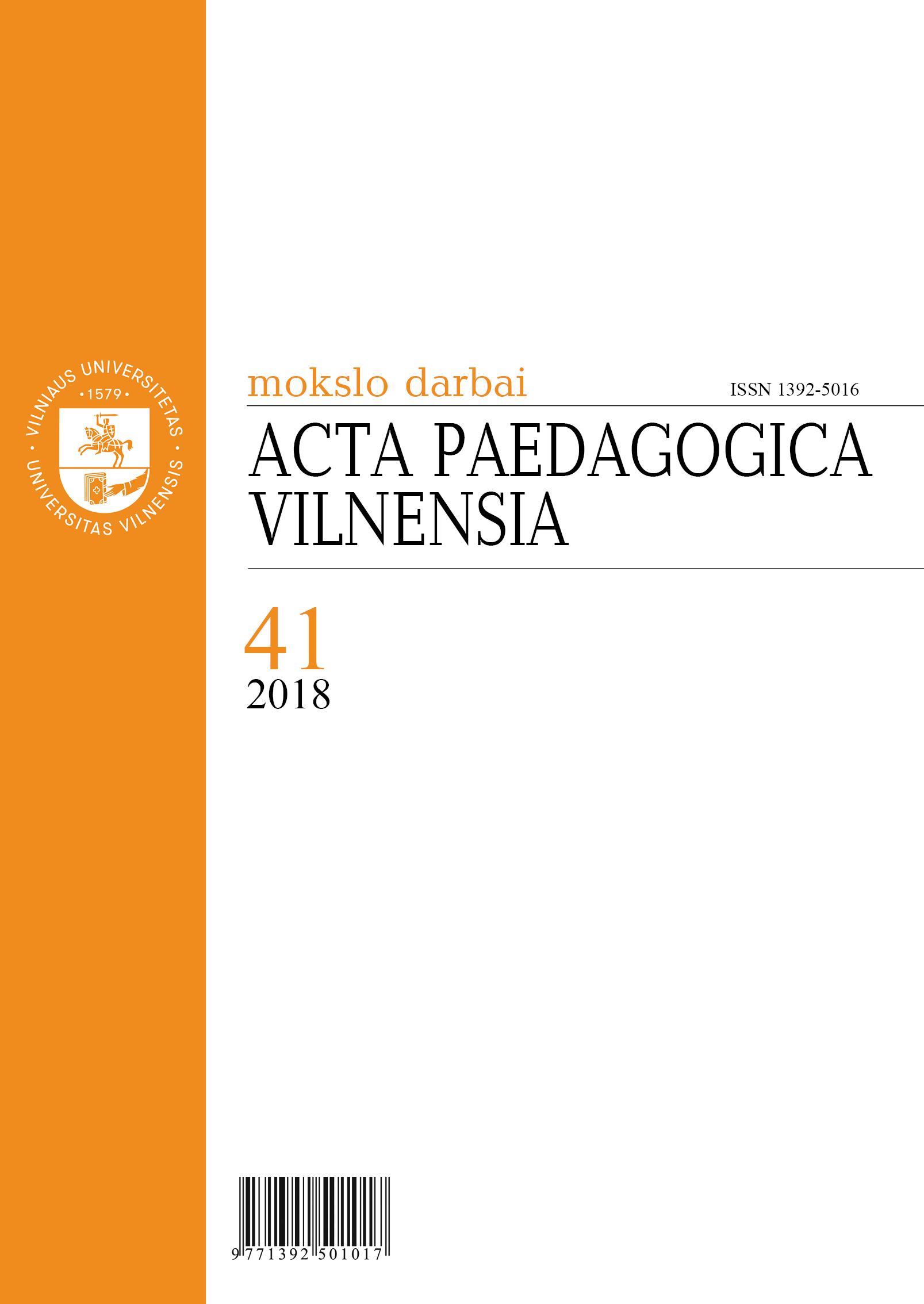Lytiškumo ugdymas kaip galimybė dekonstruoti heteronormą: mokytojų turimo žinojimo ir nuostatų analizė
Sexuality Education as Means to Deconstruct Heteronormativity: An Analysis of the Knowledge and Attitudes of Teachers
Author(s): Akvilė GiniotaitėSubject(s): Gender Studies, Education, Social Norms / Social Control
Published by: Vilniaus Universiteto Leidykla
Keywords: Heteronormativity; non-heterosexual; teachers’ attitudes; sexuality; sexuality education; deconstruction;
Summary/Abstract: One of the key practices in school is managing knowledge and passing it on to individuals who are still developing as individuals. However, school is a normative institution, and it is expected that students will take over legitimate, acknowledged and generally cherished society values; in other words, it is expected that students will know how to “be a person.” As the world is constructed, it then constructs us. Knowing this, it is worth analyzing what discourse and what practices are being constructed in school from a heteronormative point of view. Postmodernism questions structures and hierarchies; it seeks to deconstruct the given; therefore, it provides tools and resources to rethink education and the reality that is constructed by education on both the personal and structural levels. The discussion itself about sexual “minorities” is only possible in the context of a normative system. One truth eliminates coexisting truths, in this way creating “alternative” truths with a minority status. Thus, minority often becomes minimized, reduced and degraded. One cultivated truth constitutes a normative society and pushes out parallel forms of being a human. It is, then, not only decided what a true human being really is but also what is just a human being. This way, we learn about just “masculinity” and just “femininity.” To analyze what sort of an immunity to heteronormativity do teachers have and may possibly pass on to their students, 6 interviews were conducted. Questions regarding sexuality education, the concepts of masculinity and femininity, atypical gender expressions, homosexuality, homophobia and coming out were discussed. Every teacher is a member of their society and is being affected by societal norms and the media; therefore, it is important to understand what kind of experience, knowledge and attitude teachers have related to gender topics. It affects the knowledge that is passed on to students. When one knows the position of the teachers, one can understand if heteronormativity is being postulated or questioned in a postmodern manner.
Journal: Acta Paedagogica Vilnensia
- Issue Year: 2018
- Issue No: 41
- Page Range: 112-126
- Page Count: 15
- Language: Lithuanian

